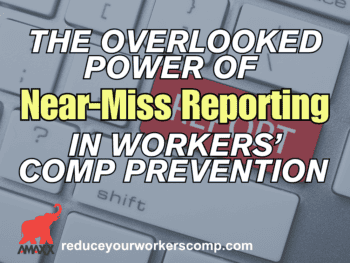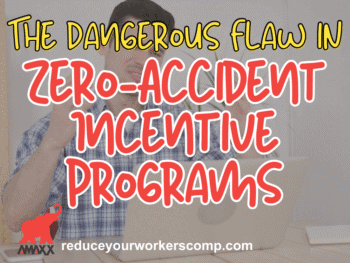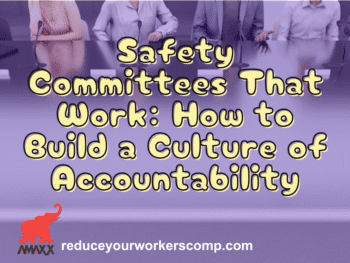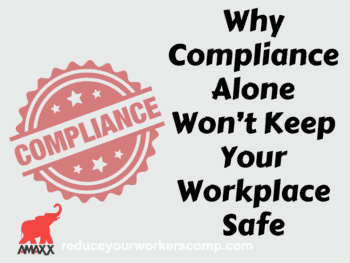Increasing co-operation between employees and management is critical in difficult economic times, a major safety conference in Glasgow heard recently.
The RoSPA Scotland Occupational Safety and Health at Work Congress learned how businesses that involve their workers in health and safety decision making will reap dividends in terms of fewer incidents and injuries and cost savings.(WCxKit)
Delegates heard about an investigation into current practices in workplaces across Scotland.
The Royal Society for the Prevention of Accidents was commissioned by the Health and Safety Executive to investigate worker involvement in health and safety (WISH) within non-unionized workplaces in Scotland. The initiative built on evidence that organizations with “properly involved” unionized safety representatives achieved better health and safety performance than those without such representation.
The investigation found the concept of worker involvement was low on the agendas of most employers and there was an unwillingness to invest money and resources in the issue. Despite this, most businesses interviewed by RoSPA involved workers in day-to-day activities, although often this was not thought of as “involvement”.
It found that positive worker involvement was feasible, and happened in some non-unionized workplaces – but was likely to follow an employer’s agenda and be confined to practical consultation rather than anything approaching joint decision making.
It also discovered that effective WISH needed the support of the managing director, or a senior director, and so top management must be convinced of its worth.
Karen McDonnell, head of RoSPA Scotland, who presented the findings with researcher Howard Fidderman, noted, “Businesses that want to improve the way they manage health and safety are often failing to make use of their single biggest asset, namely the people they employ.
“Unless they involve their workers in day-to-day decision making about health and safety issues or about longer term plans, they will not be able to benefit from employees’ suggestions or tap into their knowledge of what actually goes on in the workplace. And unless they actively seek employees’ views on options to improve safety and health they may face difficulty in getting their buy-in later on. Openness and involvement will build trust on both sides.
“Involvement can take time, skill and patience but it pays massive dividends in firms both large and small. And it really can save lives and reduce injuries.”
The research comprised telephone interviews, interactive workshops and case study development. (WCxKit)
Although organizations reported different barriers to worker involvement, the most commonly cited were lack of resources, knowledge, time and imperative. Other barriers mentioned by a significant number of participants were: fear of managers; lack of respect shown by managers; transient workforces; remote and peripatetic workers; and cultural attitudes within the workplace, local communities and wider society.
The report includes several hints and tips for businesses wanting to begin a program of worker involvement, including: patience – engaging workers takes time; ensuring senior management is visibly supportive of involvement; explaining what you are doing; and running an opinion survey and being seen to act rapidly on some suggestions.
Author Robert Elliott, executive vice president, Amaxx Risks Solutions, Inc. has worked successfully for 20 years with many industries to reduce Workers Compensation costs, including airlines, healthcare, printing/publishing, pharmaceuticals, retail, hospitality and manufacturing. Contact: Info@ReduceYourWorkersComp.com or 860-553-6604.
FREE TOOLS
WC IQ TEST: http://www.workerscompkit.com/intro/
WC IQ TEST: http://www.workerscompkit.com/intro/
WORK COMP CALCULATOR: http://www.LowerWC.com/calculator.php
MODIFIED DUTY CALCULATOR: http://www.LowerWC.com/transitional-duty-cost-calculator.php
Do not use this information without independent verification. All state laws vary. You should consult with your insurance broker or agent about workers comp issues.
©2010 Amaxx Risk Solutions, Inc. All rights reserved under International Copyright Law. If you would like permission to reprint this material, contact Info@WorkersCompKit.com.



























